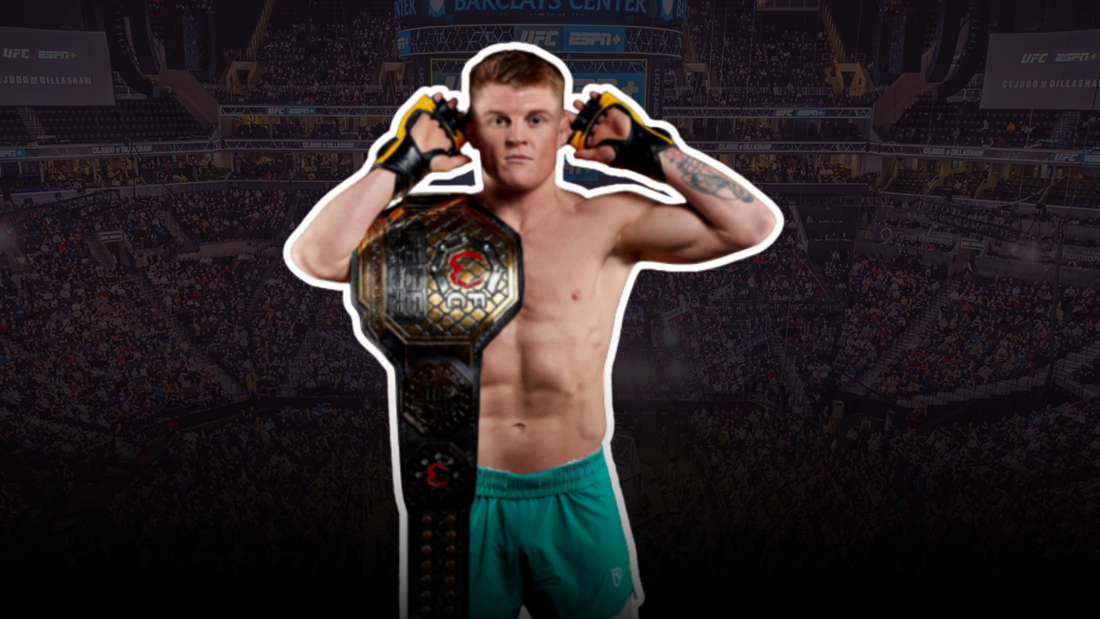
10 Top Fighters the UFC Rejected: Surprising Stories of Missed Opportunities
By Ali Hammad June 18, 2025 09:54
The UFC is the pinnacle of mixed martial arts, but not every talented fighter gets a chance to shine under its banner. Over the years, several highly skilled athletes were rejected or released by the promotion, often due to personal conflicts, timing, or business decisions. These missed opportunities reveal the complex dynamics behind the UFC’s roster decisions and highlight some surprising stories of fighters who could have been stars in the octagon.
1. Cris Cyborg
Despite being one of the most dominant female fighters in MMA history, Cris Cyborg was notably absent from the UFC roster for years after the promotion acquired Strikeforce in 2013. Dana White openly expressed disdain for her, once calling her “Wanderlei Silva in a dress,” which contributed to her delayed UFC debut. Cyborg eventually joined the UFC but only after proving her dominance elsewhere, underscoring how personal biases can impact fighter opportunities.
2. Tito Ortiz
Tito Ortiz’s turbulent relationship with UFC president Dana White is legendary. Once the light heavyweight champion, Ortiz was effectively blacklisted due to backstage conflicts and public disputes. White admitted he was “rooting for Chuck Liddell to whoop his ass” during their rivalry, highlighting how personal animosity can override business interests. Ortiz’s UFC career ended prematurely despite his star power.
3. Demetrious “Mighty Mouse” Johnson
Johnson, considered one of the greatest flyweights ever, left the UFC after a contract dispute and was traded to ONE Championship. While not outright rejected, his departure was a significant loss for the UFC, which struggled to promote the flyweight division afterward. Johnson’s exit illustrates how contract negotiations and promotion priorities can affect fighter retention.
4. Nikolay Veretennikov
Veretennikov’s UFC tenure ended abruptly after he shoved opponent Austin Vanderford post-fight at UFC Fight Night 252. Dana White responded with a lifetime ban, demonstrating the league’s intolerance for unprofessional conduct, even if the fighter shows promise.
5. Cortavious Romious and Pedro Falcao
Both fighters were released after failing to secure wins in their initial UFC bouts. Romious and Falcao’s 0-2 records cost them their spots, reflecting the UFC’s high-performance standards and limited patience for slow starters.
6. Caolan Loughran
Despite winning two out of four UFC fights, Loughran was cut from the roster. His release surprised many, as he showed potential, but factors like marketability and division depth likely influenced the decision.
7. Lucas Alexander
Alexander’s UFC career was marred by a 1-3 record and multiple missed weights. His inconsistency led to his release, highlighting how professionalism and discipline are critical alongside fighting skills.
8. Francis Ngannou (Early Career)
Before becoming UFC heavyweight champion, Ngannou faced hurdles and nearly missed out on the UFC due to early career struggles and contract disputes. His eventual rise to champion status is a testament to perseverance, but his initial rejection shows how talent can be overlooked.
9. Kamaru Usman’s Boxing Ambitions
While not rejected as a UFC fighter, Usman’s desire to cross over into boxing to fight Canelo Alvarez was shut down by Dana White, who called it a “stupid fight.” This refusal limited Usman’s crossover potential, reflecting how UFC leadership controls fighters’ opportunities outside the octagon.
10. Jon Jones (Controversies Impacting Opportunities)
Jon Jones, arguably the greatest UFC light heavyweight, has faced multiple suspensions and controversies that hindered his career momentum. While never rejected outright, his turbulent relationship with the UFC and Dana White has complicated his legacy and fight opportunities.
The Business Behind the Rejections
Dana White’s role as UFC president means balancing fighter talent with marketability, professionalism, and business strategy. Fighters like Tito Ortiz and Cris Cyborg illustrate how personal dynamics influence decisions, while others like Veretennikov show the consequences of unprofessional behavior. The UFC’s high standards mean that even talented fighters can be cut if they don’t meet expectations or align with the promotion’s vision.
As MMA analyst Hunter Campbell noted recently, the UFC’s roster decisions reflect a complex mix of performance, personality, and business considerations. For fighters, the path to UFC stardom is as much about navigating these factors as it is about winning fights.


































































